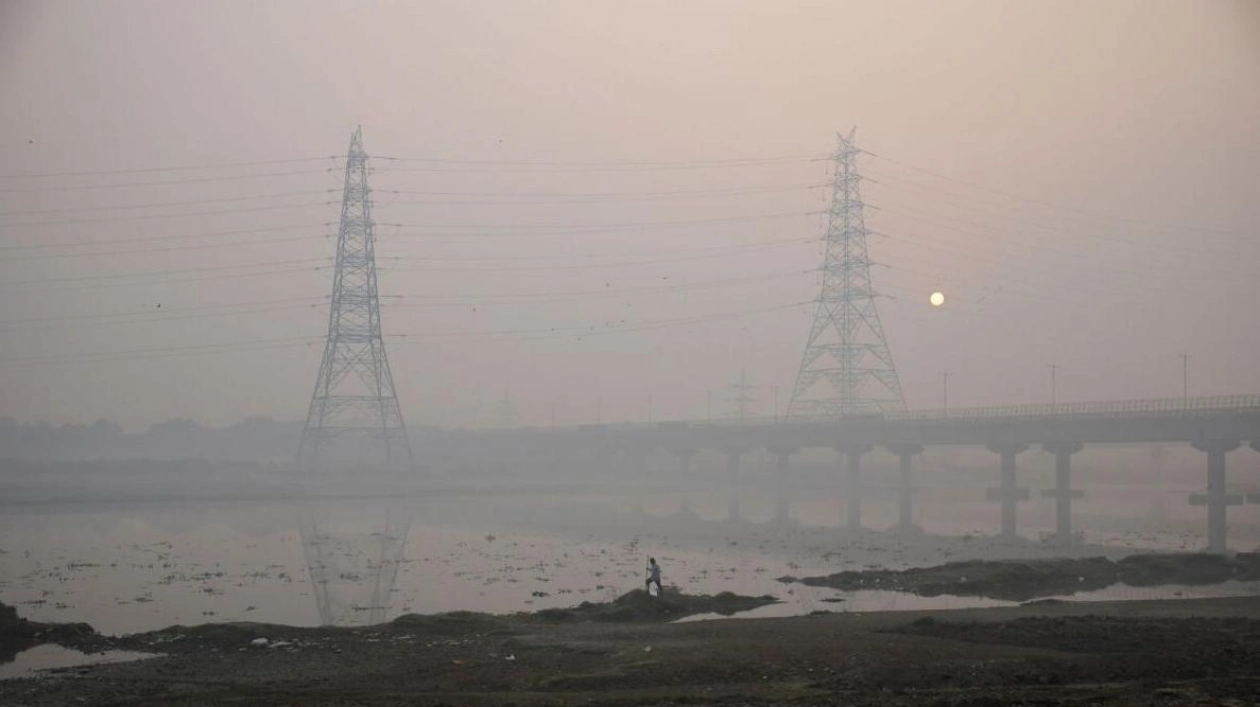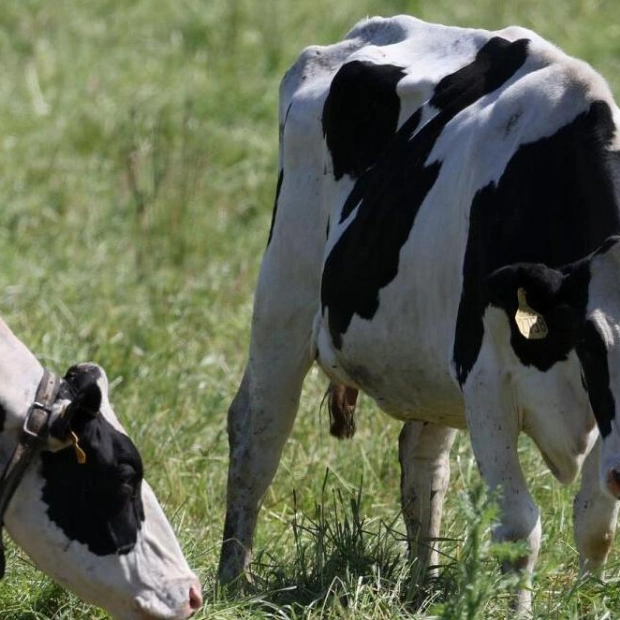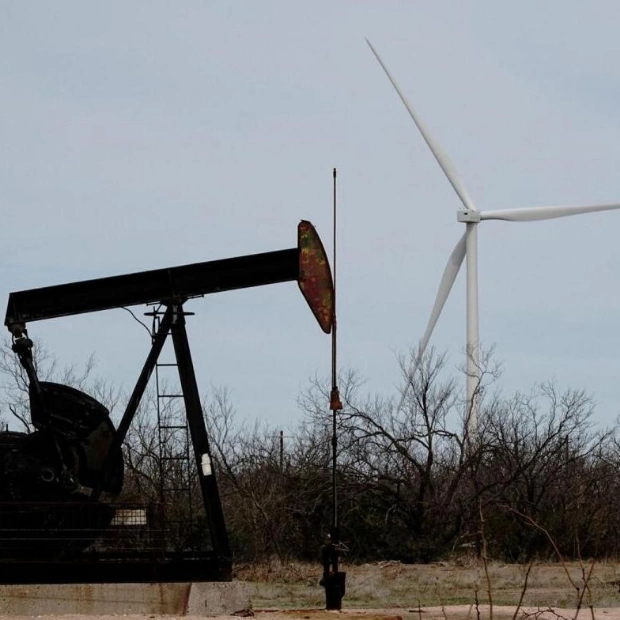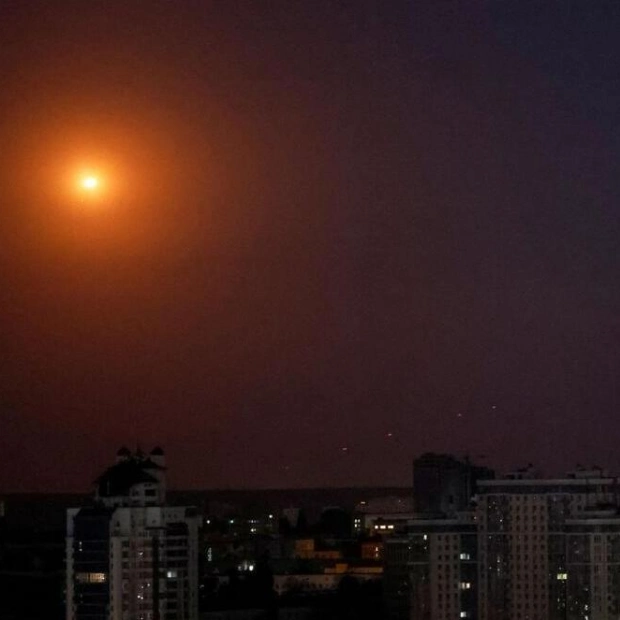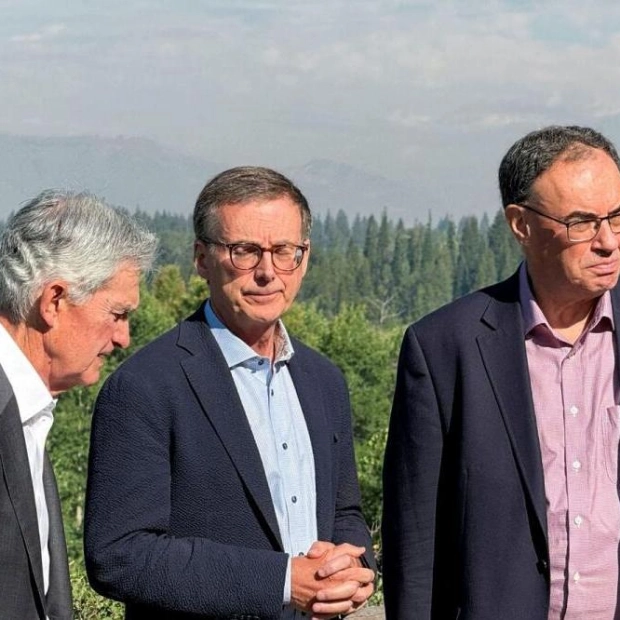A man walks along the banks of the Yamuna river on a hazy morning in New Delhi, on Monday, as reported by REUTERS.
Pedestrians navigate near the presidential palace, Rashtrapati Bhavan, amidst hazy conditions in New Delhi last week, according to AFP.
Authorities in India's capital and its surrounding areas have imposed fines on the owners of thousands of vehicles and construction sites for violating pollution regulations, aiming to combat the recent decline in air quality over the past three weeks. New Delhi has been ranked as the world's most polluted major city by Swiss group IQAir in its live rankings. Nearly 60,000 vehicles and over 7,500 construction sites were fined, officials stated, as the Central Pollution Control Board (CPCB) classified Monday's air quality as 'very poor' with a score of 373 on its index, which rates conditions from zero to 50 as 'good'. The Commission for Air Quality Management revealed that 54,000 of the vehicles lacked a pollution under control (PUC) certificate, indicating permissible emission levels, and nearly 3,900 more were impounded as 'overaged'.
Commuters navigate a street shrouded in smog on the outskirts of Amritsar on Monday, as captured by AFP.
Environmental compensation payments have been mandated for 597 sites, while 56 have been ordered to close. New Delhi faces severe pollution every winter as cold air traps emissions, dust, and smoke from farm fires in neighboring states of Punjab and Haryana, leading to frequent school closures and construction restrictions. The earth sciences ministry forecasts that air quality in the region will remain 'very poor' until Wednesday and is expected to range from 'very poor' to 'severe' for the following six days. The CPCB warns that a 'severe' rating, within the range of 401 to 500 on its index, can adversely affect the health of the general population and exacerbate conditions for those already suffering from diseases. IQAir has consistently ranked New Delhi as the world's most polluted capital for the past four years, but poor air quality is a recurring winter issue across South Asia. The University of Chicago's Energy Policy Institute (EPIC) reported in its Air Quality Life Index last year that rising pollution can reduce a South Asian's life expectancy by more than five years. Pakistan's second-largest city, Lahore, which IQAir rated as the world's second most polluted on Monday, has closed primary schools for a week and urged residents to stay indoors due to unprecedented pollution levels. On Sunday, the provincial government announced plans to discuss the issue with India, blaming deteriorating air quality on pollution carried in from its neighbor.
Source link: https://www.khaleejtimes.com
